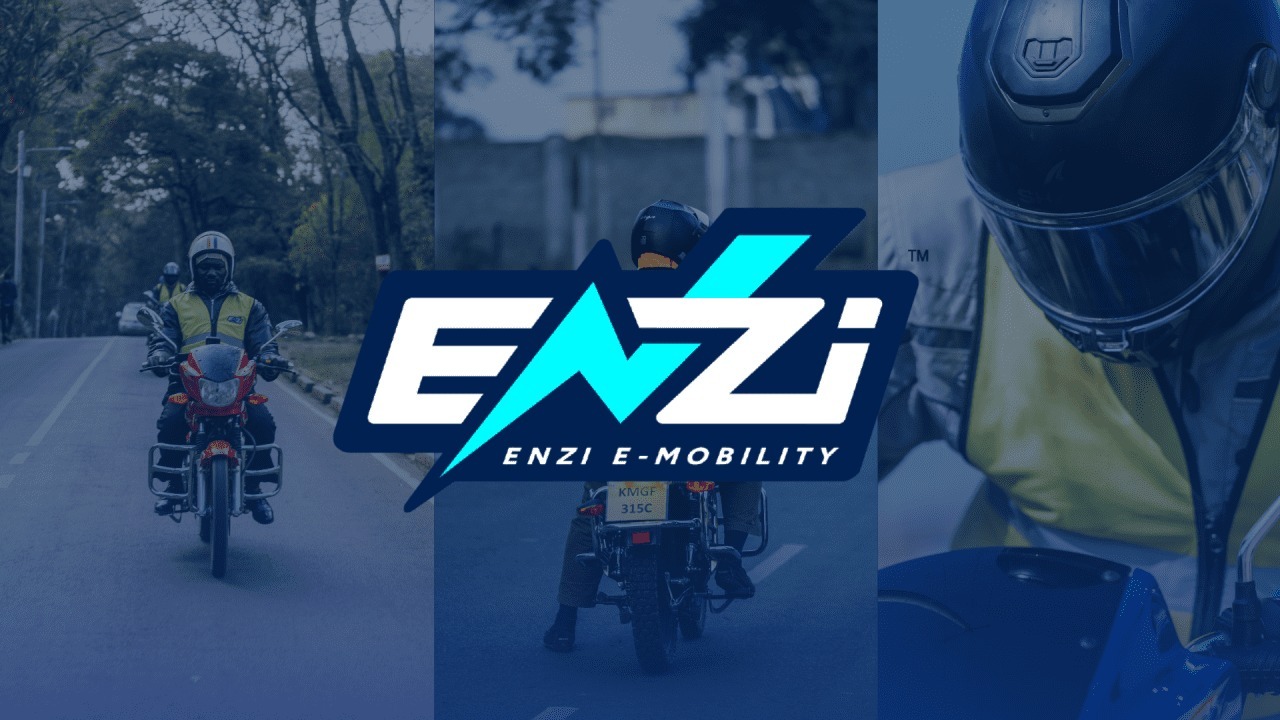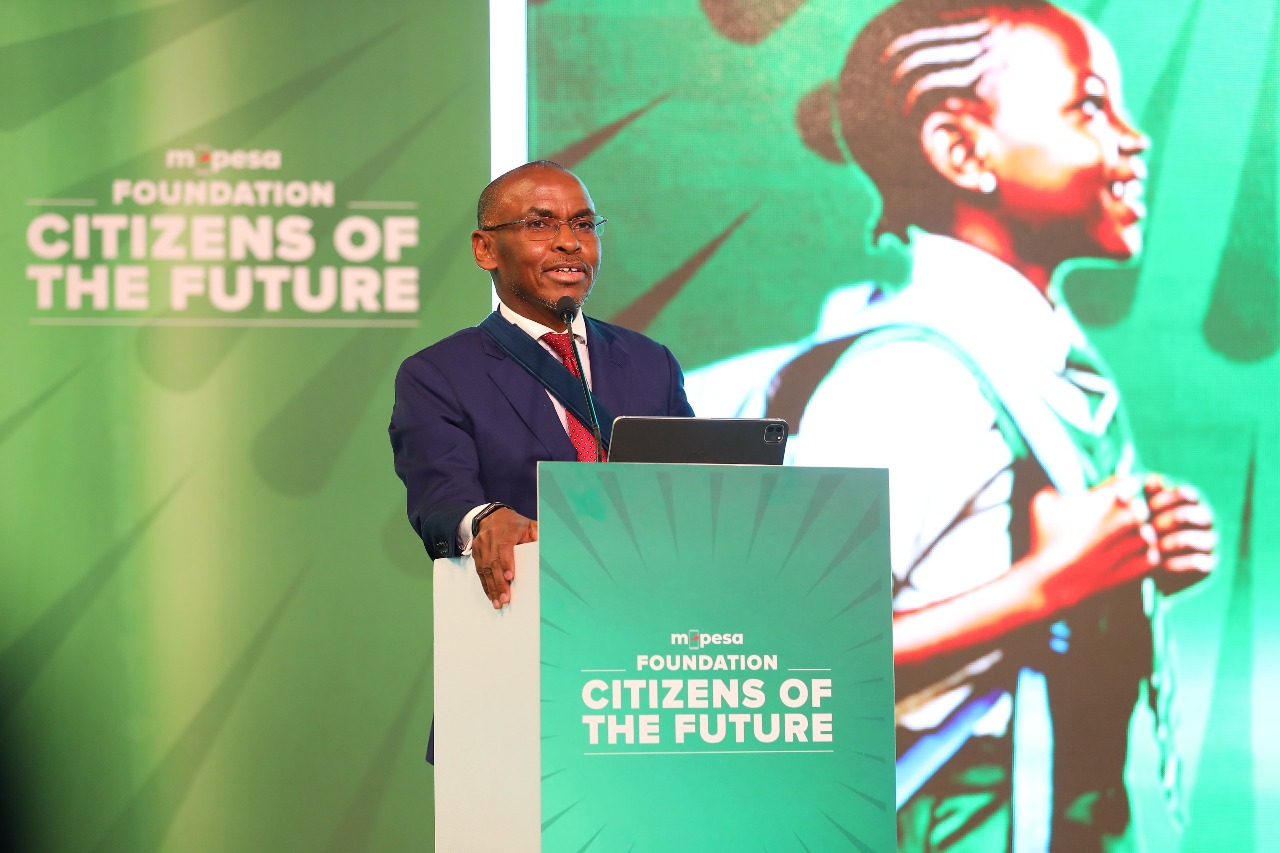Safaricom, through the M-PESA Foundation, has launched a transformative five-year education initiative aimed at improving access, quality, and equity in Kenya’s education system. The program, dubbed Citizens of the Future, will focus on upgrading school infrastructure, empowering teachers with ICT skills, and supporting thousands of learners across the country through scholarships and modernized learning environments.
With an investment of approximately KES 30 billion, the initiative seeks to impact over 600 institutions and award scholarships to more than 10,000 students in senior secondary and tertiary institutions. Safaricom CEO Peter Ndegwa emphasized that the initiative consolidates the company’s ongoing education programs to bridge existing learning gaps through innovation, digital integration, and sustainable infrastructure development that fosters inclusivity, especially for learners with special needs.
The Citizens of the Future initiative will include the development of model “Schools of the Future” — institutions designed to embody next-generation learning through sustainable architecture, digital classrooms, and an inclusive learning approach. These schools will represent a shift toward future-ready education, aligning with Kenya’s human capital development goals and the growing demand for digital and technical skills in a changing global economy.
Despite education being one of the largest recipients of national funding, challenges such as inadequate learning materials, underfunded institutions, and insufficient teacher training persist. The M-PESA Foundation’s intervention aligns with the government’s call for stronger collaboration with the private sector to address resource gaps, enhance technical capacity, and ensure the education system equips learners with relevant 21st-century skills.
As Safaricom marks 25 years of transforming lives, this initiative reinforces its long-standing commitment to empowering communities through sustainable development. The Foundation’s leadership reaffirmed that quality education remains central to Kenya’s socio-economic progress, with technology serving as the bridge between learning and opportunity. The program positions Kenya’s learners and educators for a future defined by digital literacy, adaptability, and innovation.





